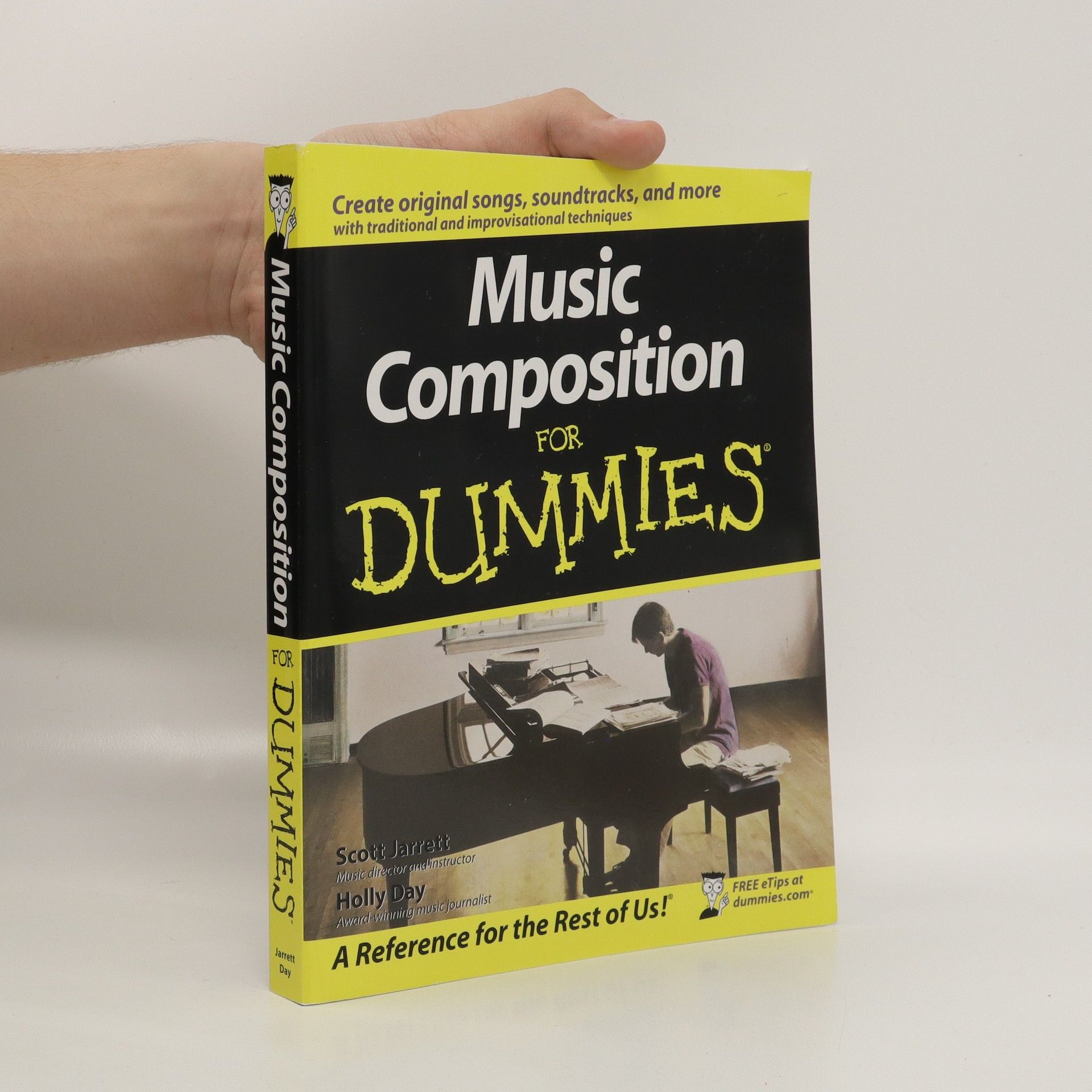Bound in Ice
- 102pages
- 4 heures de lecture
Exploring the themes of change and the relentless passage of time, this collection of eighty poems serves as a poignant reflection on life's fleeting moments. Award-winning poet Holly Day uses her writing to momentarily freeze time and preserve vivid memories through literary snapshots. Each poem captures significant experiences and emotions, including pieces titled "Hospice," "Dinner with the English Professor," "Sunshine," and "Parakeet," highlighting the beauty and transience of life.


